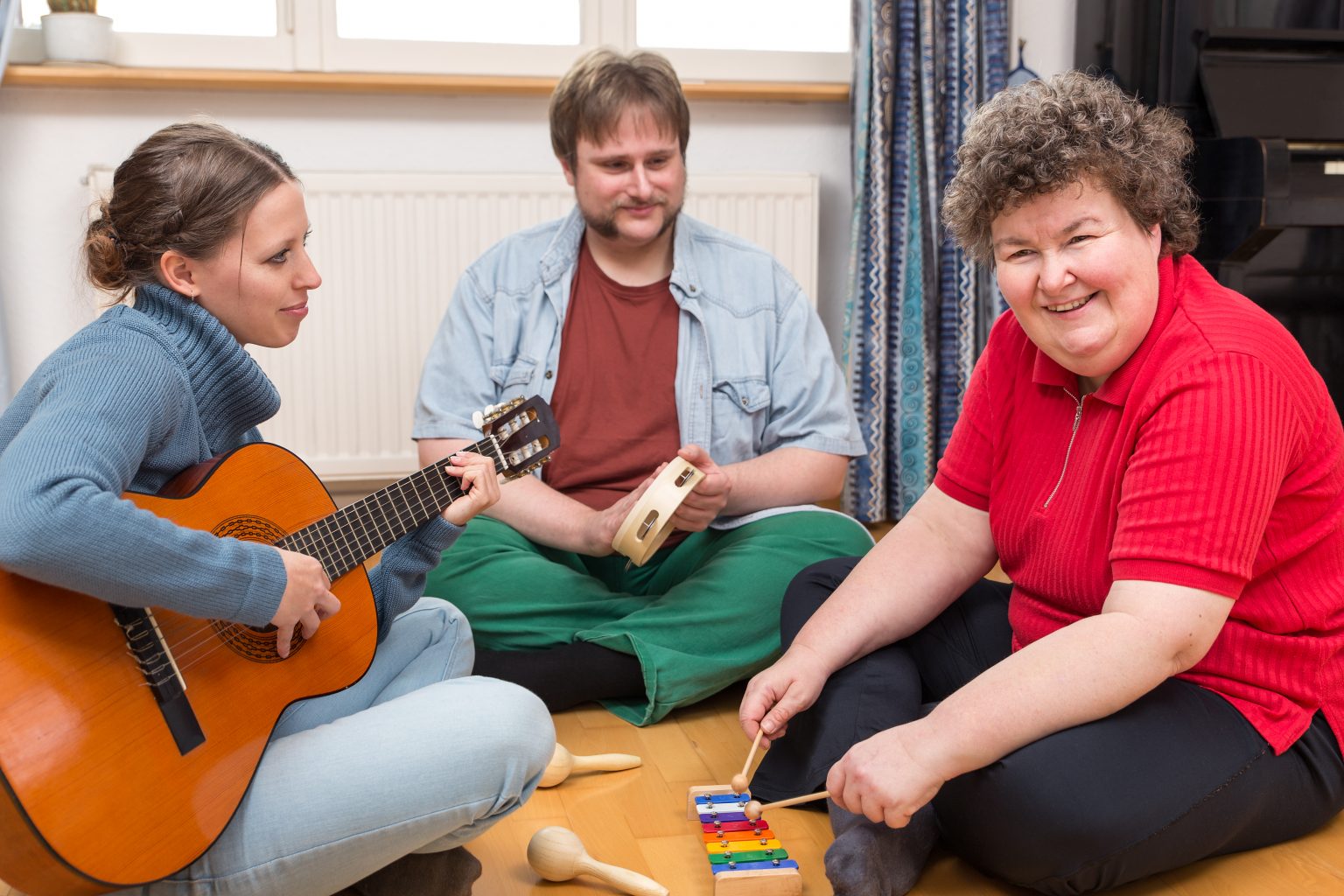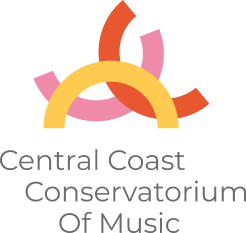The Con’s music therapy program provides tailored Music Therapy for individuals and groups. This service is open to people of all ages and abilities, providing client-centred goals and objectives.

What is Music Therapy?
Music Therapy differs from music education as its main goal is not to develop musical skills or learn a new instrument, but rather to aim to improve a person’s health, functioning and well-being in a therapeutic setting that uses music interventions as the primary tool.
Goals such as increasing social skills, providing ways to interact and communicate verbally and non-verbally, developing cognitive awareness, gaining sensory motor skills, promoting relaxation, providing opportunities for reminiscence, working towards rehabilitation and providing opportunities for self-expression can all be addressed through various Music Therapy techniques.
Who can it help?
Many people of all ages and abilities can benefit from Music Therapy, including children and adults with:
- intellectual and physical disabilities
- mood disorders
- neurological disorders
- rehabilitation for stroke patients
- behavioural issues
- elderly and dementia patients
Music Therapy and Autism
As a person with autism may find it difficult to communicate through words, music can offer opportunities to express and interact with others in a non-confrontational way. This can assist in increasing their social skills, communication, developing positive relationships with the people around them and positively affecting eye contact and tactile sensitivity.
Music Therapy and Dementia
As music pervades so many areas of the brain, music can provide moments of clarity for those with dementia, allowing them to reminisce about special memories and establish social connectedness, as well as reduce anxiety, agitation, sleeplessness and wandering.
Music Therapy and Rehabilitation
For stroke patients who have lost or had a reduction in their speech capacity (aphasia), singing lyrics to a song is often easier than speaking the words. Music therapy has shown to increase a patient’s positive emotions with a significant increase in patients’ recovery rates and their motivation for the use of traditional therapies.
View Music Therapy teachers.

